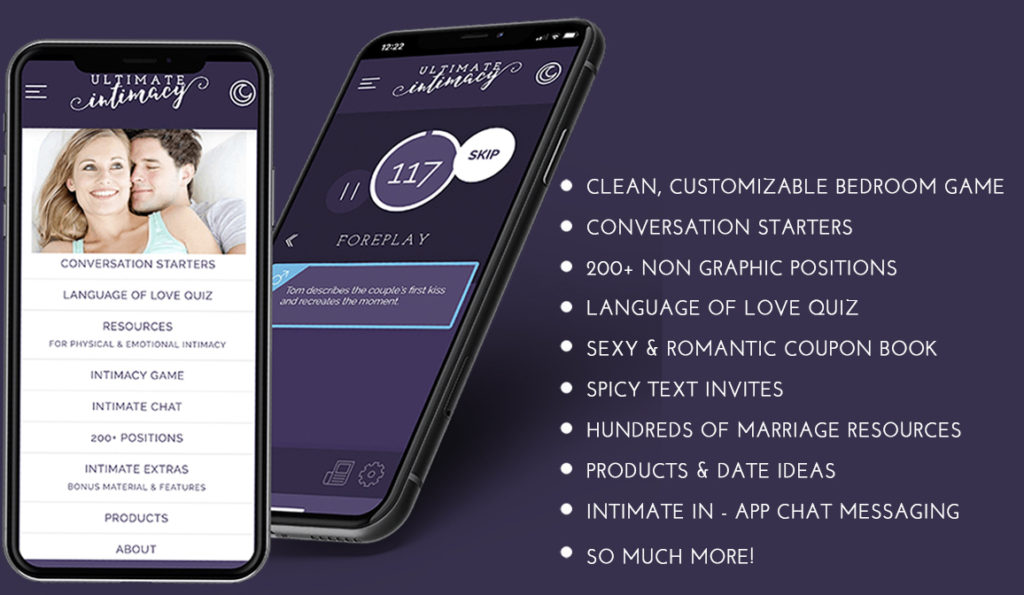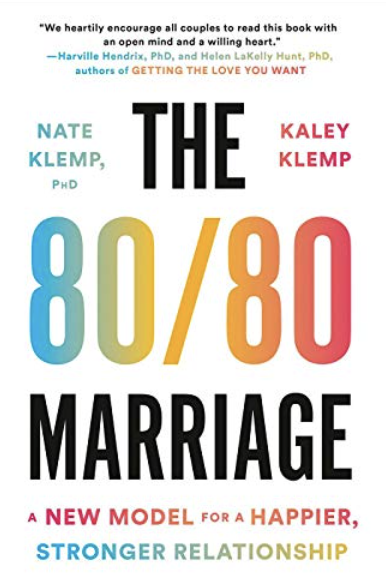Reposted and Used with permission from 80/80 Marriage

Does anyone else feel fear and anxiety in the air?
Perhaps it’s because fall is the season of fear, at least according to many traditions. It’s the time when the leaves fall, when the days get shorter, when the wind howls, and when we celebrate a day dedicated to scaring the crap out of each other.
But perhaps it’s also because we’re living in a time where so much is uncertain. Will this pandemic ever end? Will we ever repair the fractures in our society? How will all of this madness impact our kids?
So it’s easy to see why you might be feeling more fear and anxiety in all areas of life, especially your relationship.
If you’re sensing these waves of autumn fear, here are four strategies for navigating them more skillfully.
Tools
1. Label it.
The first step in navigating fear and anxiety is becoming aware that you’re feeling these emotions in the first place.
This may sound strange, but we mostly do the opposite. We feel the swirl of anxiety and then engage in all sorts of automatic avoidance strategies: grabbing the bag of chips, diving into the email, turning on Netflix, or scrolling through our Instagram and TikTok feeds in search of dancing cat videos.
Something shifts when we break out of this pattern of avoidance, when we acknowledge the experience of fear. Simply say to yourself, “Fear is happening” or “There’s anxiety” and you’ll notice a huge shift. You’ve just moved from emotional chaos to emotional literacy.
2. Investigate it.
Our brains are hardwired to resist and run away from this edgy, queasy experience of fear. But once you gain awareness by labeling it, you have a choice. You can either check out from the feeling (our habitual response), or check in on the actual experience of feeling afraid.
How do you do that? Instead of running from the fear, investigate it. Explore the sensations that go with fear from a place of curiosity.
What does it feel like?
What’s happening right now in your body?
Let this attitude of investigation help you become comfortable with the uncomfortable experience of fear.
As you’re investigating, it’s helpful to shift your attention from the time traveling thoughts in your mind, which will lead you down all sorts of terrifying rabbit holes, to the sensations of fear in your body, which will keep you anchored in present time.
3. Learn from it.
The feeling of fear invites us to pay attention. For instance, when you’re hiking on a trail and there’s a sharp drop on one side, the fear you feel in that moment is instructive. It brings you into the present moment and leads you to place each step with greater care and attention. And that’s a good thing.
In relationships, fear also offers us an invitation to pay closer attention and learn. When you feel nervous about revealing to your partner what’s really going on with you, ask yourself: “What is this fear trying to tell me?” “Is there something here for me to learn?”
4. Allow it.
Now for the advanced practice. See if you can allow the fear and anxiety to happen. This isn’t always easy. It runs counter to our deepest instincts. But see what happens when you welcome the fear and anxiety.
Because this is so counter-habitual, it can be helpful to give yourself some coaching along the way. One powerful trick is to think to yourself, “It’s OK.”
When you’re able to do this, you may notice that fear and anxiety, like all states, never lasts. It’s always changing, always arising and then falling away.
This might sound like a masochistic practice. And you might be wondering, “Why would I ever want to investigate and accept fear? It’s so much easier to just investigate the new season of Ted Lasso.”
The reason? When you can welcome and hang out with fear, a whole new world of possibilities arises.
Fear no longer holds you back from having that difficult conversation with your partner. Fear no longer leads you to lash out when they criticize your dishwasher loading technique. Fear no longer keeps you from taking those risks both in marriage and in life that scare you.
In short, fear no longer stands in the way of feeling the exquisite experience of freedom.
Nate and Kaley Klemp are authors of the new book The 80/80 Marriage: A New Model for a Happier, Stronger Marriage, a New York Times Editors’ Choice selection. To download their free PDF guide to Epic Date Night, tap here. This article was reposted and used with permission from the 80/80 Marriage.” Also check out their great book “The 80/80 Marriage” and free relationship guides HERE.
Reposted and Used with permission from The 80/80 Marriage
Nate and Kaley Klemp are authors of the new book The 80/80 Marriage: A New Model for a Happier, Stronger Marriage, a New York Times Editors’ Choice selection. To download their free PDF guide to Epic Date Night, tap here. This article was reposted and used with permission from the 80/80 Marriage.” Also check out their great book “The 80/80 Marriage” and free relationship guides HERE.
For a better marriage, check out the Ultimate Intimacy App! Its free to download and so much FUN!


